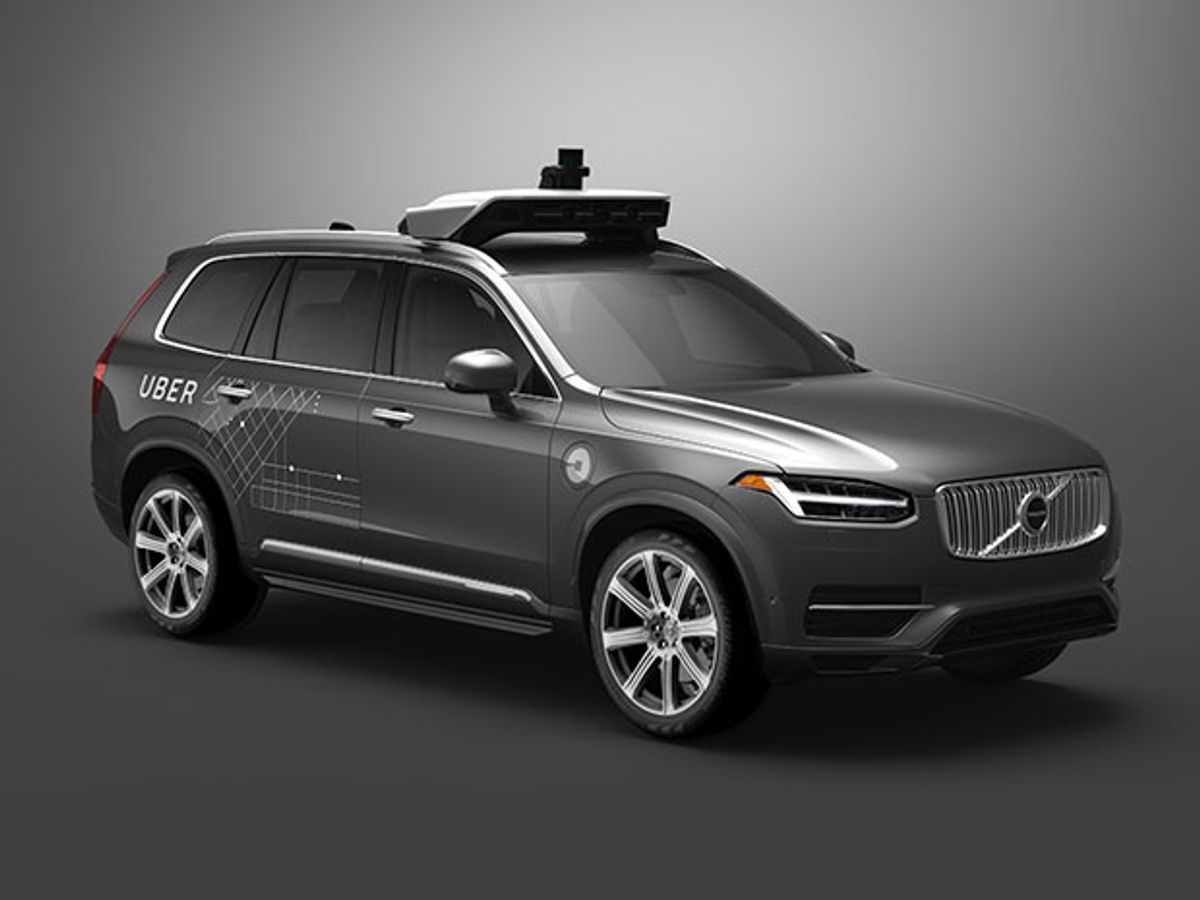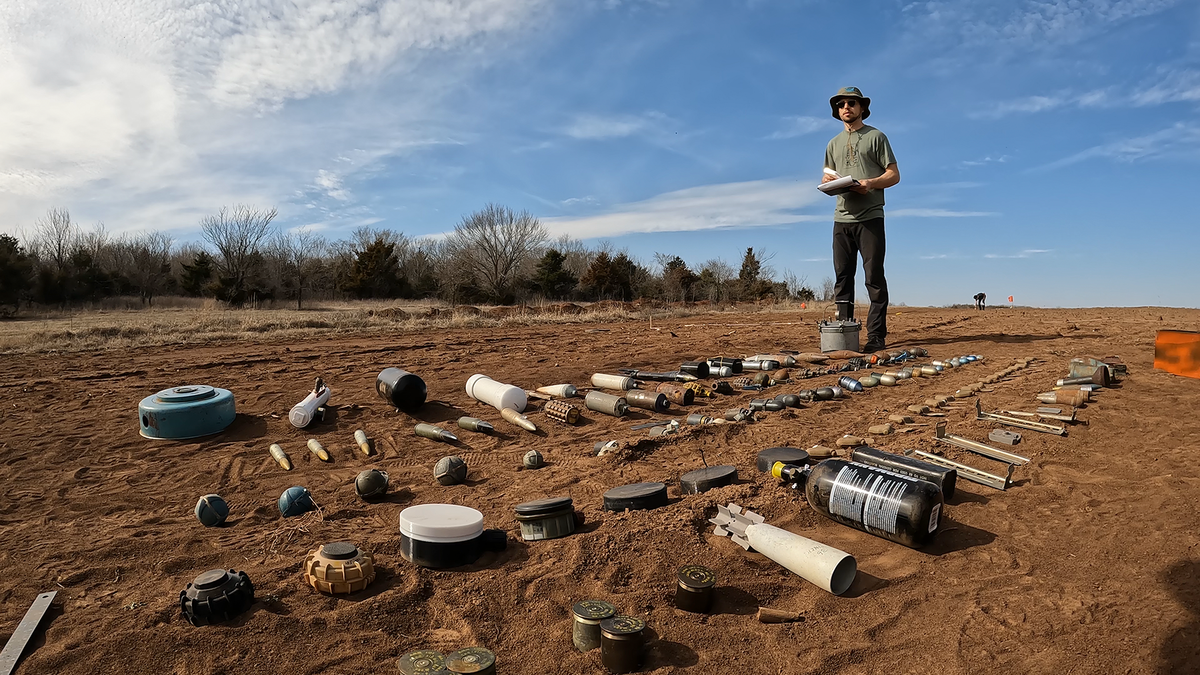Driverless taxis are coming—right now. Later this month Uber will offer the world’s first ride-hailing service in Pittsburgh, using a test fleet of 100 Volvo XC90 SUVs.
I admit that I didn’t see it coming this fast. Only yesterday I wrote about a new trial of self-driving minibuses in Helsinki, and it seemed pretty darn forward looking at the time. But those vehicles are really slow, they ply the same little route repeatedly, and they stop at every stop.
That was so yesterday. Today Uber is talking about driving to points specified by whoever jumps into the rear seat. And it’s no mere one-off deal with Volvo, either: The two companies will collaborate on technology, including mapping, and Volvo intends to put what it learns into its other cars.
To be sure, two other outfits are already experimenting with robotaxis in Singapore—NuTonomy and Delphi. But the range of activity there is, for now, rather more limited than Uber’s planning in Pittsburgh, and far fewer cars are involved.
Uber also has bought Otto, a year-old startup filled with émigrés from Google and other robocar powerhouses. The idea is to equip Uber to deliver cargo within cities.
Most companies that are interested in robotic driving are now saying that they, too, hope to use it in car-hailing services. Ford—which earlier this month said it would bring true driverless cars to market in 2021—has also singled out ride sharing; it, too, is working with Uber.
One beauty of ride sharing is that it lets Uber emulate Google by testing things out with a professional driver at the wheel, ready to take over if need be. But here the driver is doing two jobs—backing up the automation and conditioning customers to robodriving. A tablet computer in the back seat will explain what’s happening to the customers.
“The goal is to wean us off of having drivers in the car, so we don’t want the public talking to our safety drivers,” Raffi Krikorian, Uber’s engineering director, told Bloomberg.
Philip E. Ross is a senior editor at IEEE Spectrum. His interests include transportation, energy storage, AI, and the economic aspects of technology. He has a master's degree in international affairs from Columbia University and another, in journalism, from the University of Michigan.



